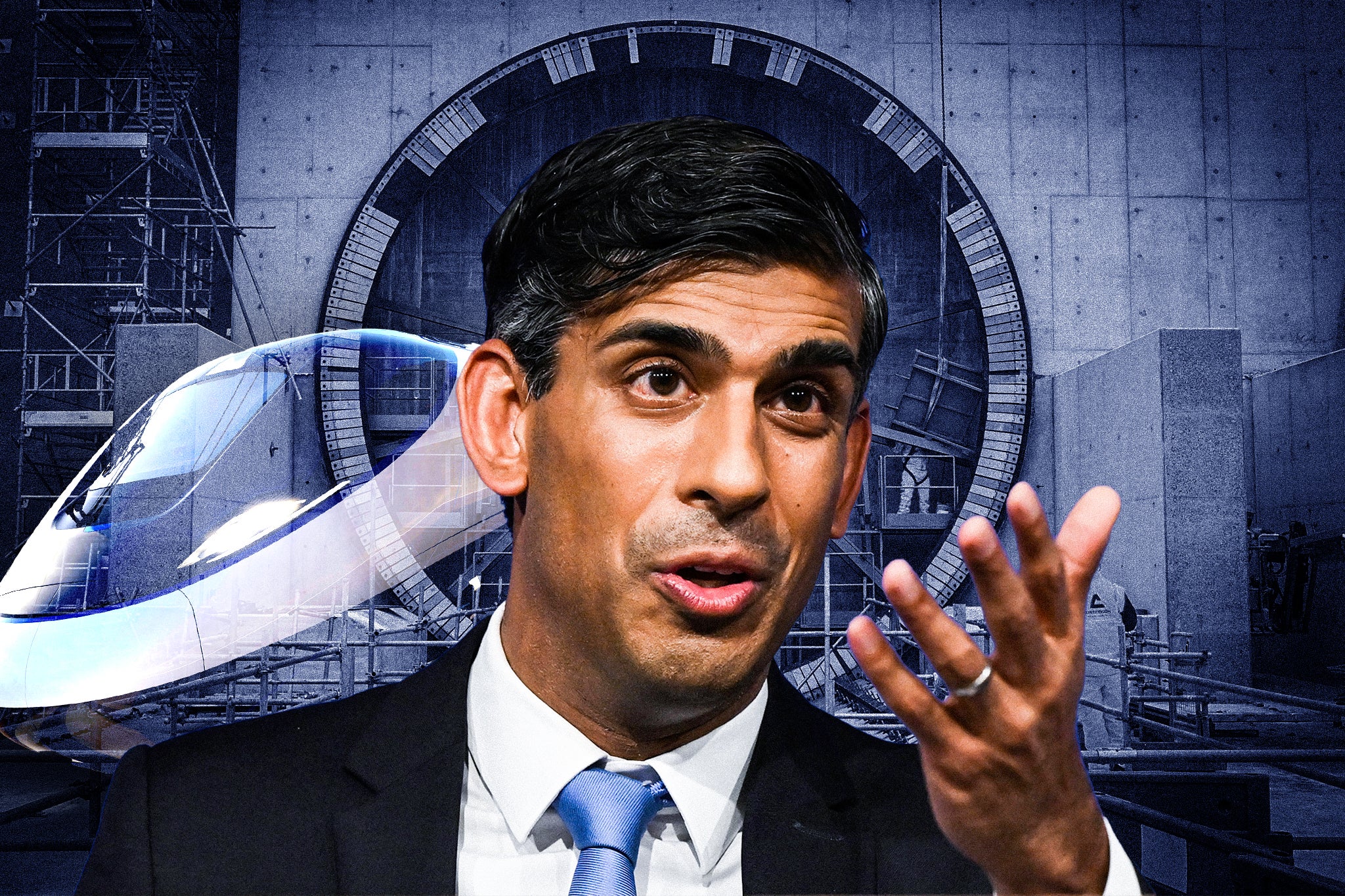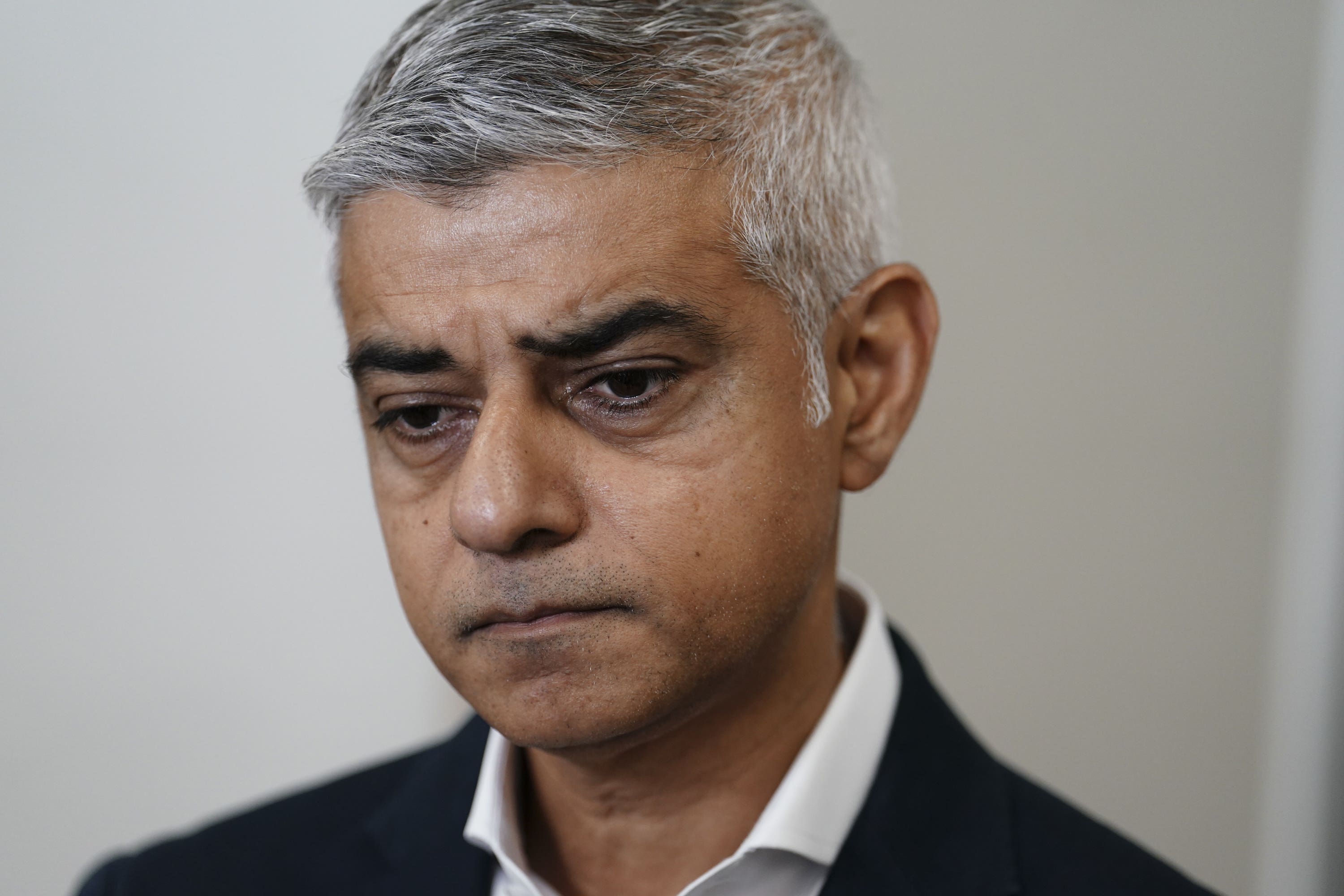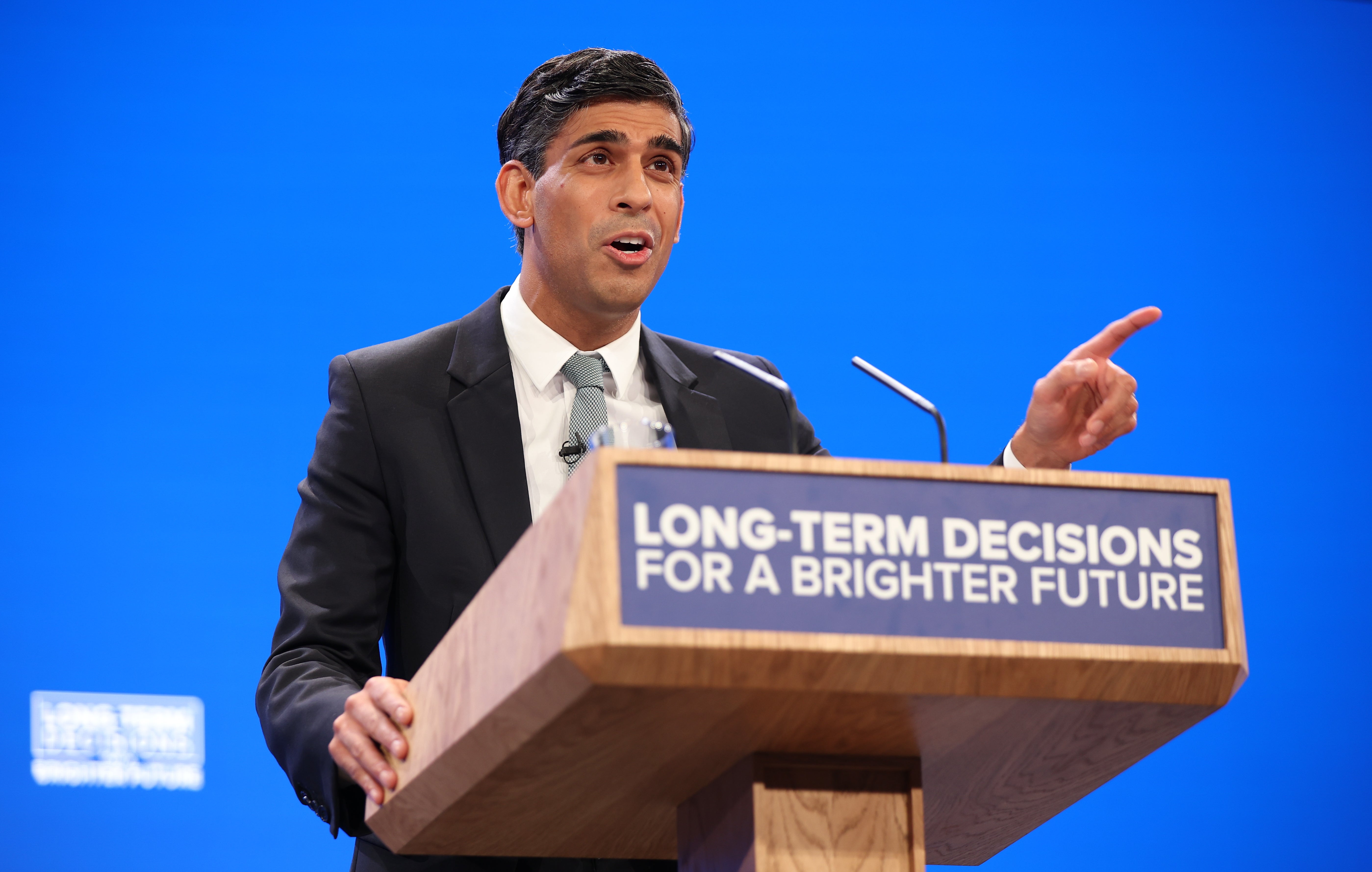HS2 to Euston ‘wishful thinking’ without public funding, says London mayor in plea to PM
Sadiq Khan says there’s no guarantee prive firms will stump up cash to pay for project

Your support helps us to tell the story
From reproductive rights to climate change to Big Tech, The Independent is on the ground when the story is developing. Whether it's investigating the financials of Elon Musk's pro-Trump PAC or producing our latest documentary, 'The A Word', which shines a light on the American women fighting for reproductive rights, we know how important it is to parse out the facts from the messaging.
At such a critical moment in US history, we need reporters on the ground. Your donation allows us to keep sending journalists to speak to both sides of the story.
The Independent is trusted by Americans across the entire political spectrum. And unlike many other quality news outlets, we choose not to lock Americans out of our reporting and analysis with paywalls. We believe quality journalism should be available to everyone, paid for by those who can afford it.
Your support makes all the difference.London mayor Sadiq Khan has accused Rishi Sunak of “wishful thinking” for saying that the private sector will stump up an estimated £6.5bn to pay for part of HS2.
The prime minister announced this week that the northern leg of the high-speed rail network between Birmingham and Manchester would be scrapped.
However, he promised to deliver the London link between Old Oak Common and Euston Station following weeks of speculation about the future of the project, first revealed by The Independent.
A new development company, separate from HS2, has reportedly been set up by the Department for Transport to fund the link after Mr Sunak diverted funds to other infrastructure projects in the North.
Earlier this week a government spokesperson said there had already been “support and interest” from the private sector. Mr Khan welcomed the move but expressed his “serious concerns” about the financing of the link.
He said it would require £6.5bn to complete the terminus at Euston and “potentially more” for the 7.2km (4.5 miles) tunnel link to Old Oak Common.
In a letter to the PM, seen by The Independent, Mr Khan said that given the “challenges” in the British economy, asserting that the private sector would invest “seems wishful thinking”.

“Similarly, it is not clear how the decision was taken to do away with the link between Euston Square and Euston LU station, which is a vital part of the HS2 scheme,” he added.
Mr Khan said HS2’s own figures showed 85 per cent of passengers arriving at Euston used the underground station for their onward journey.
“I am deeply concerned that your recent announcement will leave the Euston terminus of HS2 a distant hope, resulting in a line which ends at Old Oak Common for decades, if not permanently, in what would be a devastating blow for passengers using the line and for the economy of London and the whole country,” he added.
A government spokesperson said: “As has always been planned the line will finish at Euston – this is a world class regeneration opportunity and there is already extensive support and interest from the private sector to invest.”
Mr Sunak, speaking at his party conference on Wednesday, finally set out his plan for HS2. He scrapped the northern leg between Birmingham and Manchester and diverted cash to other infrastructure projects across the North.

The PM pledged to “reinvest every single penny, £36bn, in hundreds of new transport projects in the North and the Midlands, across the country”.
This includes the creation of what he named Network North, which involves improvements to road, rail and bus schemes.
A further £12bn will be set aside to improve rail journeys between Manchester and Liverpool, which was a project previously announced as part of Northern Powerhouse Rail.
Labour claimed that “almost all” of the schemes announced by the PM “had already been part of government plans so cannot be described as new investments nor reinvestments”.
Mr Sunak said he decided to scrap HS2 because of its spiralling costs. It was Europe’s biggest infrastructure project and estimated to cost £37.5bn in 2009. One recent estimate said the cost could have run to up to £100bn.



Join our commenting forum
Join thought-provoking conversations, follow other Independent readers and see their replies
Comments